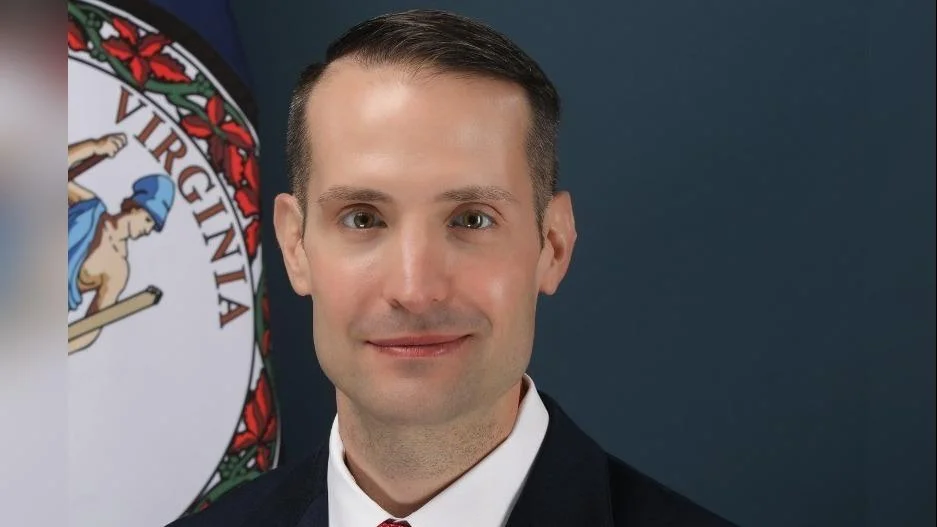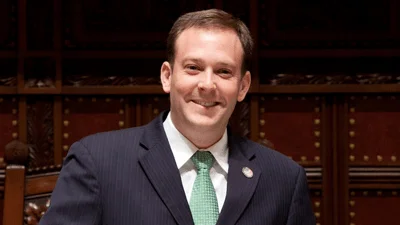The U.S. Department of Education’s Office of Federal Student Aid (FSA) announced changes to the Office of the Ombudsman, expanding its role to focus on consumer education for federal student loan borrowers. The office will now be known as the Office of Consumer Education and Ombudsman and will provide information about both the benefits and risks associated with federal student loans.
This move comes as federal student loan debt approaches $1.7 trillion, with high rates of loan defaults and delinquencies. The new approach is intended to improve financial literacy among students, parents, and borrowers so they can make informed decisions about borrowing and managing their debt.
In addition to its expanded educational mission, the office will develop a centralized Common Manual for servicing and collection practices under the William D. Ford Federal Direct Loan Program. This manual aims to establish clear guidelines for vendors that service federal student loans, ensuring consistent communication, customer service, and enforcement actions across all servicers.
“Today, the Trump Administration is taking a meaningful step to transform how the federal government supports students and families in navigating the federal student loan system. We are expanding the role and mission of the Office of the Ombudsman to go beyond dispute resolution and become a proactive resource for student loan borrowers,” said Under Secretary of Education Nicholas Kent. “This change marks a shift toward earlier and more comprehensive engagement with families, ensuring they understand both the opportunities and potential risks of taking on federal student debt before they borrow. By providing clearer guidance and support at the front end of the college journey, we believe students will make more informed decisions that lead to lower debt burdens, stronger repayment outcomes, and greater satisfaction with their educational investment.”
Acting FSA Chief Operating Officer James Bergeron added: “Creating a best practices manual will not only encourage better customer service and stronger repayment outcomes over time, but it will also improve the performance of the student loan portfolio which is underwritten by the American taxpayer. Unlike the previous Administration’s focus on loan forgiveness, the Trump Administration is taking action to implement meaningful and necessary enhancements to the way student loans are serviced to better serve borrowers and American taxpayers. We invite feedback from student aid professionals, borrowers, and interested parties to help inform and implement clear and consistent rules across our vendor portfolio.”
The Direct Loan Program remains a major source of financial assistance for postsecondary education in America. Each year FSA provides over $85 billion in loans to more than 6.7 million borrowers; currently there are 42.3 million people holding outstanding federal loans totaling $1.67 trillion.
As reported by FSA data from June 2025, about 34 percent—or over 6 million—borrowers were delinquent on their loans; this includes 4 million who are in late-stage delinquency at risk of default within six months. About 5.3 million have already defaulted.
With these numbers in mind, FSA intends for its new approach—combining complaint resolution with proactive education—to help close information gaps for borrowers by analyzing complaint data to anticipate confusion or problems before they arise.
The Common Manual project has received longstanding support from higher education stakeholders who seek greater consistency in borrower experiences regardless of which company services their loans.
To involve various stakeholders in developing this manual—including advocacy groups, institutions of higher learning, state/federal partners—the Department has published a Request for Information (RFI) in the Federal Register seeking public input within 30 days on what should be included in these new guidelines.
FSA plans to complete work on this manual by July 1, 2026 alongside implementation of President Trump’s Repayment Assistance Plan authorized through recent legislation.





